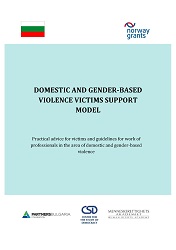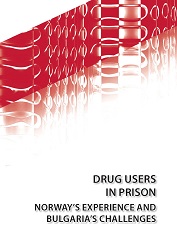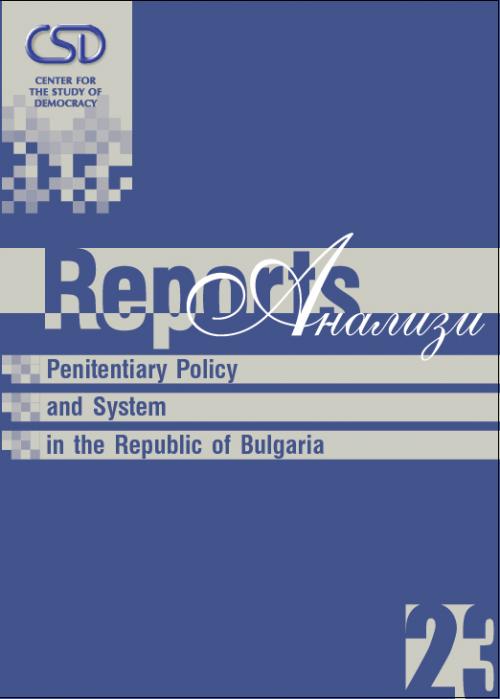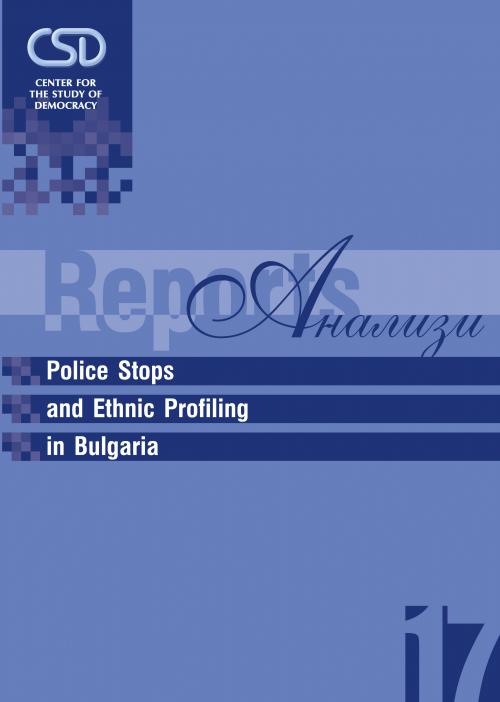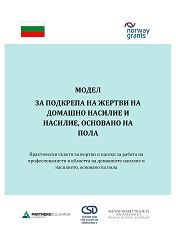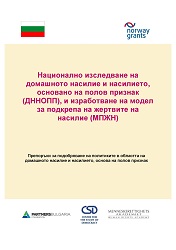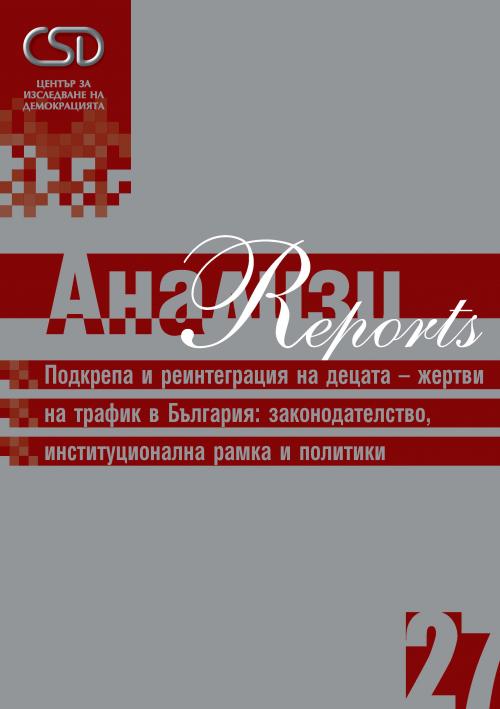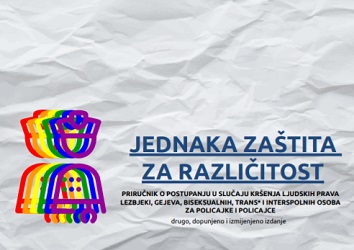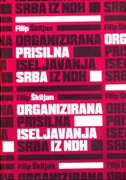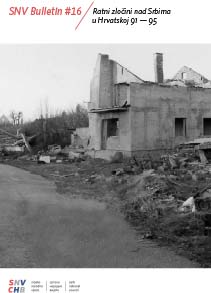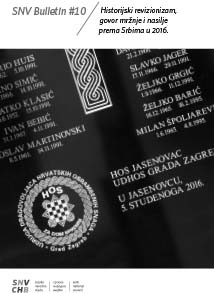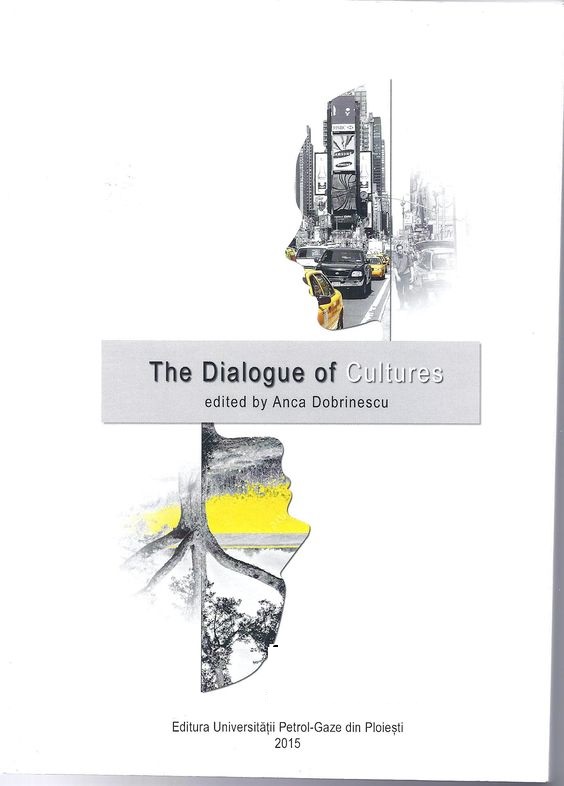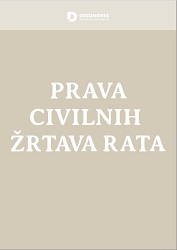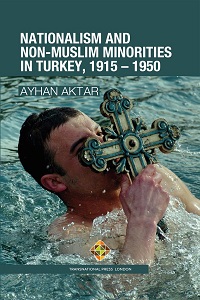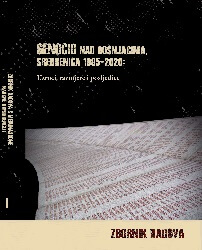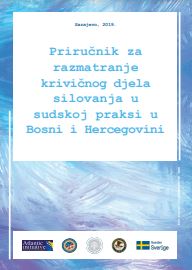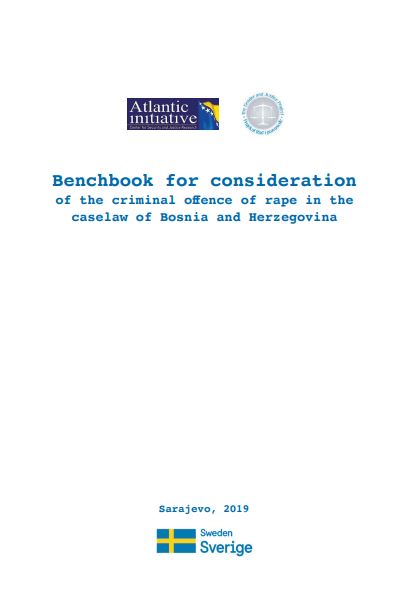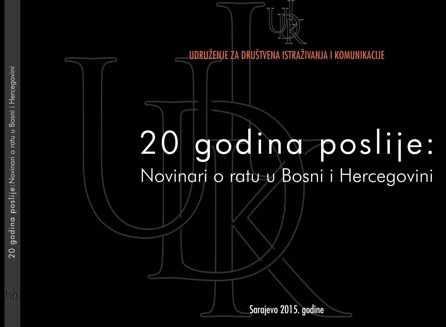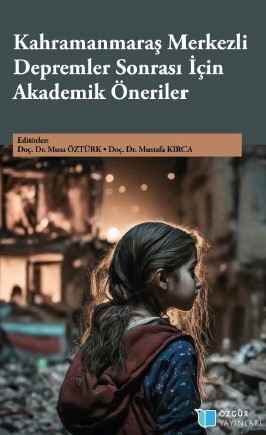Author(s): / Language(s): Bosnian
Iako silovanje predstavlja najteže krivično djelo protiv spolne slobode i morala i jednu od najtežih inkriminacija u okviru savremenih krivičnih zakonodavstava, analiza dostupnih predmeta koju je Atlantska inicijativa provela krajem 2017. godine ukazala je na potrebu da se krivičnom djelu silovanja posveti dodatna pažnja u pravosudnim sistemima u Bosni i Hercegovini. Rezultati ove analize, predstavljeni u trećem poglavlju ove publikacije, ukazali su na neujednačenu praksu sudova u razmatranju olakšavajućih i otežavajućih okolnosti, na nedovoljno uzimanje u obzir posljedica silovanja po mentalno zdravlje žrtava, na često ublažavanje kazne ili izricanje minimalne kazne predviđene za ovo krivično djelo, te na prisustvo stereotipa o ponašanju žrtava i učinilaca. Stoga je Atlantska inicijativa putem projekta „Rod i pravosuđe u Bosni i Hercegovini“ facilitirala rad panela od dvanaest sudija i sutkinja s krivičnog referata iz različitih sudova u BiH s ciljem razmatranja aktuelne sudske prakse u krivičnim predmetima silovanja te razvoja preporuka i resursa za rad na ovim predmetima. Panel se sastajao jedanput mjesečno u periodu od decembra 2017. do juna 2018. godine, kada je, putem radnih grupa, na osnovi diskusija sa stručnjacima različitih profila te razmatranja prikupljenih slučajeva, nastajao ovaj priručnik. Stav panela jeste da ovaj priručnik može koristiti sudijama i sutkinjama koji/koje rade na ovim predmetima u adekvatnijem razumijevanju krivičnog djela silovanja, njegovih posljedica i utjecaja na kasniji život žrtve, ali isto tako doprinijeti prevazilaženju dilema s kojima se oni susreću u radu s ovakvim slučajevima. Tokom svog rada panel je razmatrao normativna rješenja u Bosni i Hercegovini, s osvrtom na ujednačenost zakonskih odredbi u propisivanju ovog krivičnog djela i kazni propisanih krivičnim zakonima, ali i na odmjeravanje kazne, pri čemu su posebno analizirana normativna rješenja koja se izravno odnose na područje „sudskog odmjeravanja kazne“. Razmatrane su olakšavajuće i otežavajuće okolnosti, koje naravno nisu jedini kriterij određivanja vrste i visine kazne u svakom pojedinačnom predmetu, ali prema panelu imaju značajan, ako ne i odlučujući utjecaj da se sud opredijeli upravo za određenu vrstu odnosno visinu kazne. Panel je također razmatrao i kvalifikatorne oblike silovanja, posljedice rodnih predrasuda u seksualnom napadu, te analizirao psihološke traume koje silovanje ima na žrtvu. U diskusijama i prezentacijama razmatrana je i međunarodna praksa te koncept „silovanja bez prinude“ koji promovira Istanbulska konvencija, a koji još uvijek nije pronašao svoje mjesto među inkriminacijama protiv spolne slobode i morala, odnosno spolnog integriteta u Bosni i Hercegovini (osim zločina seksualnog nasilja kao zločina protiv čovječnosti i zločina protiv civilnog stanovništva). Ovaj priručnik, uz reference na bosanskohercegovačku i međunarodnu sudsku praksu i literaturu, donosi zaključke, preporuke i ključne nalaze panelista i panelistica. Priručnik je podijeljen u sedam poglavlja, koja se mogu koristiti odvojeno ili zajedno kao resursni materijal u radu na predmetima krivičnog djela silovanja. Poglavlje jedan razmatra krivično djelo silovanje u zakonodavstvu Bosne i Hercegovine. Poglavlje dva daje osvrt na sudsku praksu i primjenu olakšavajućih i otežavajućih okolnosti. Poglavlje tri razmatra kvalifikatorni oblik krivičnog djela silovanja. Poglavlje četiri daje pregled psiholoških posljedica krivičnog djela silovanja. Poglavlje pet bavi se rodnim predrasudama i društvenim specifičnostima krivičnog djela silovanja. Poglavlje šest razmatra specifičnosti i predrasude prema osobama s invaliditetom, manjinama i migrantima u odnosu na krivično djelo silovanja. Poglavlje sedam daje preporuke panela za razmatranje otežavajućih i olakšavajućih okolnosti prilikom odmjeravanja sankcija za ovo krivično djelo
More...
